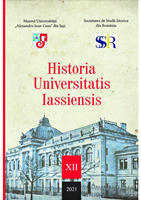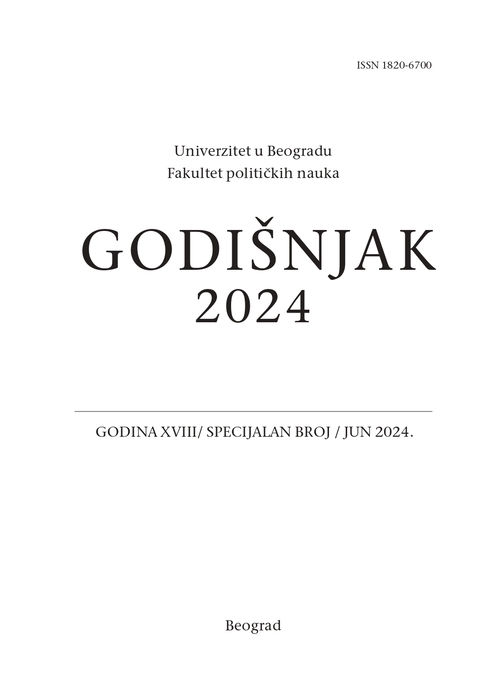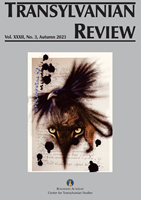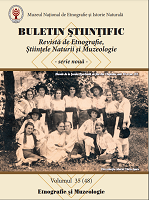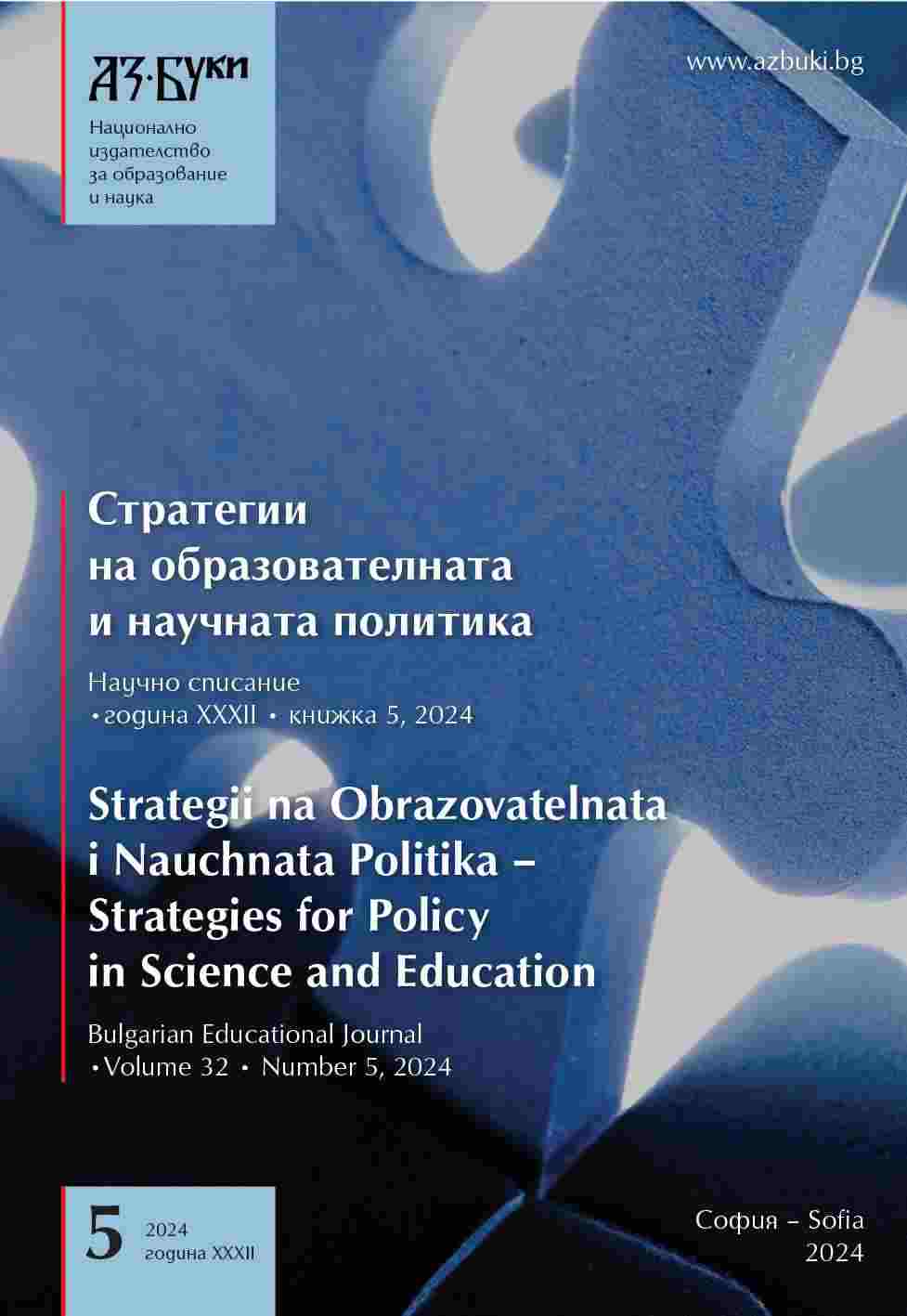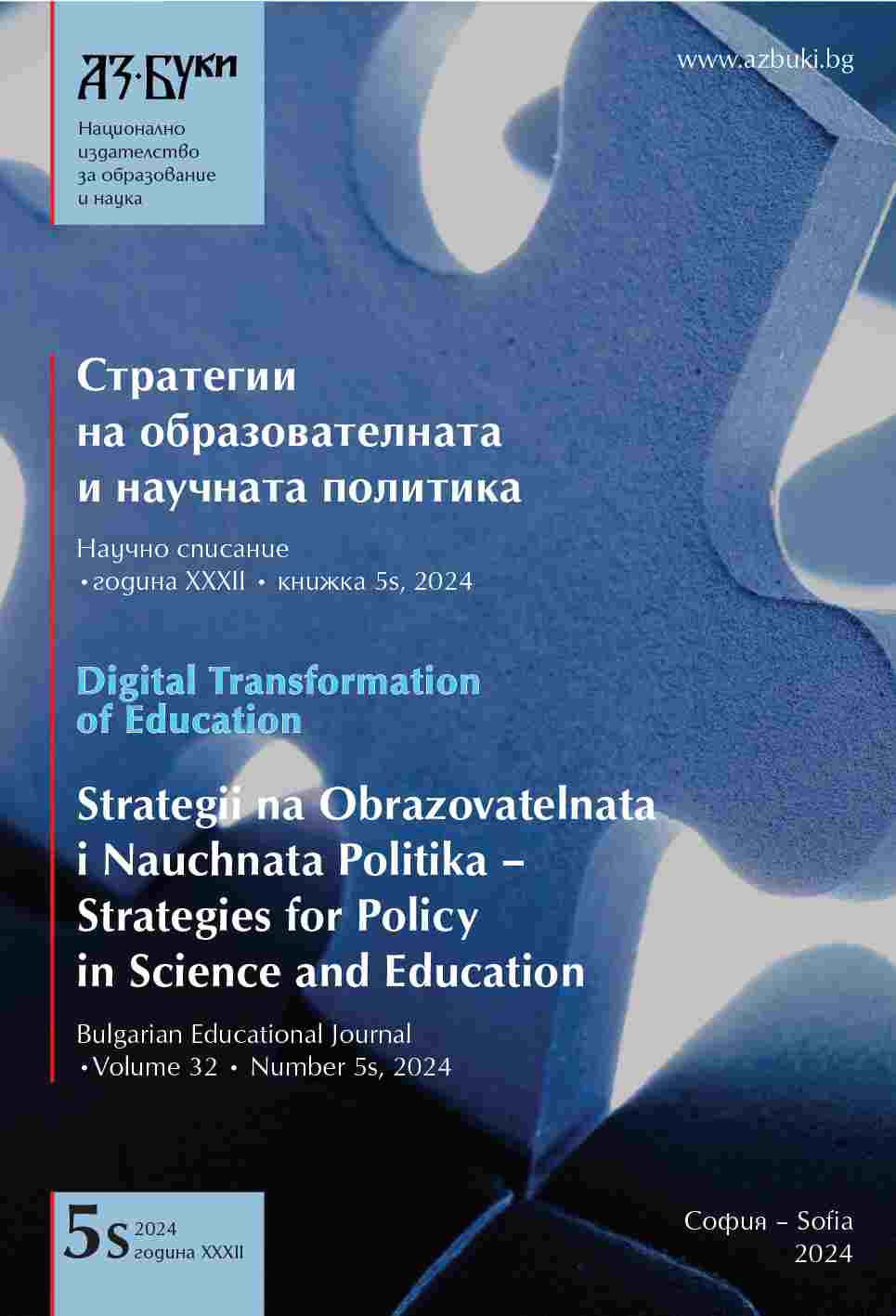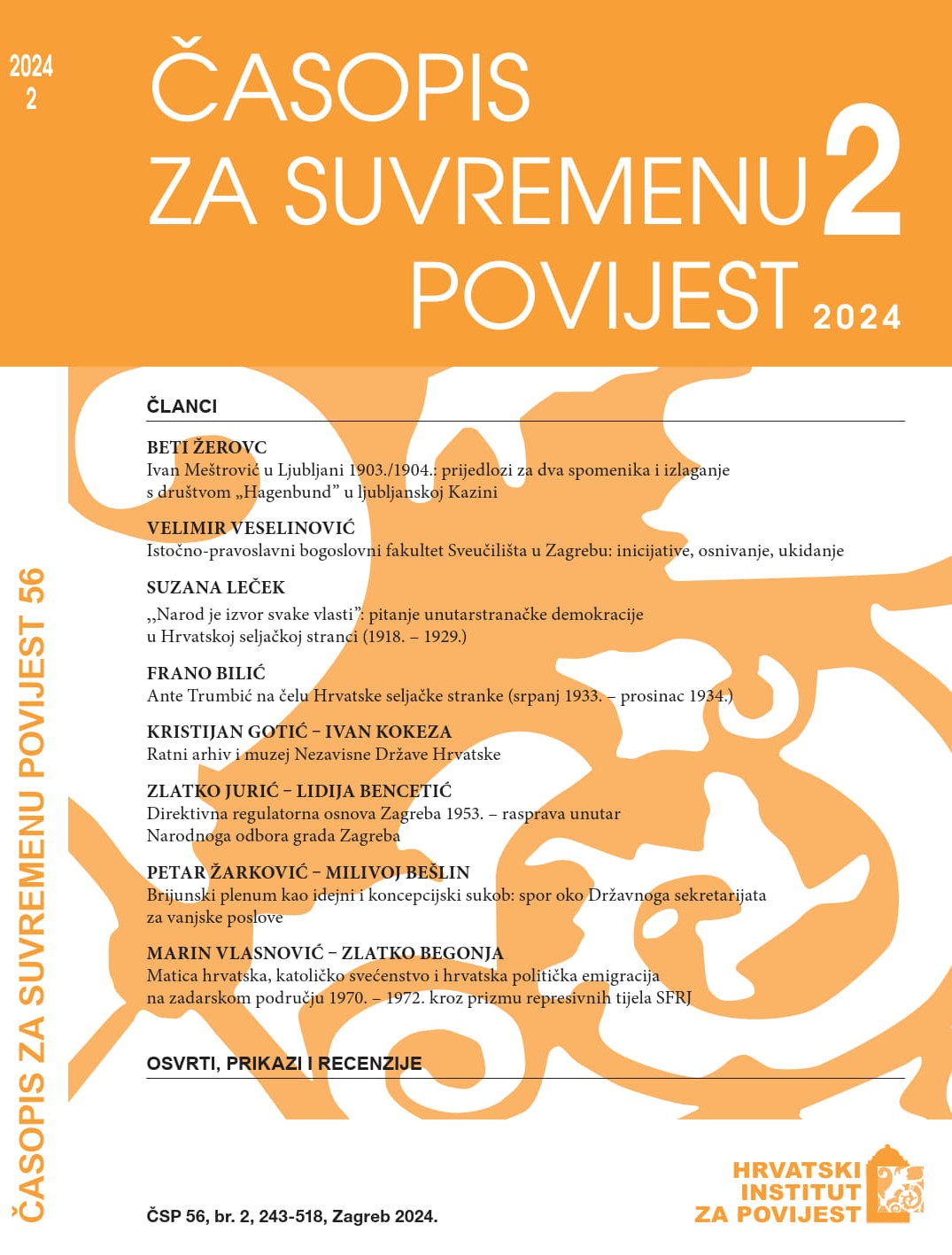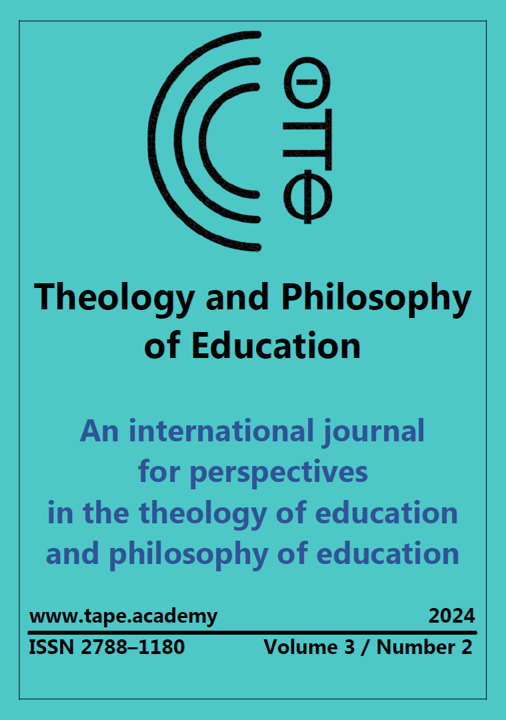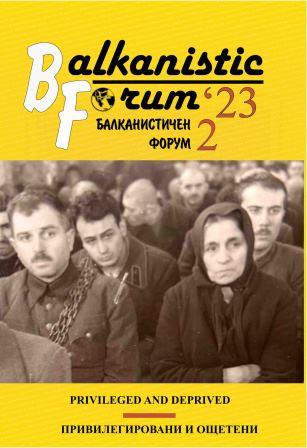
Създаване на първата академична специалност Български език и литература в Турция
Russian Language and Literature is among the first foreign philologies established in the officially opened in 1935 Faculty of Languages, History and Geography in Ankara. In 1962 Bulgarian language began to be taught at the Language School of the Land Forces in Istanbul. The forced change of the names of the Turks in Bulgaria in 1984-1985, which caused a deterioration in bilateral relations, delayed the establishment of the planned bachelor's program in Bulgarian language and literature in the early 1980s. Thus, Polish Language and Literature (1987/1988) overtook Bulgarian studies and became the second philological specialty of the Slavic languages, opened at the University of Ankara. 1991 is the birth date of the academic department university specialty Bulgarian language and literature in Turkey, when the first group of students was admitted. For 32 years, it went through various stages of development or stagnation, but retained its status as a specialty. This article aims to present her previously unexplored and unknown history.
More...
